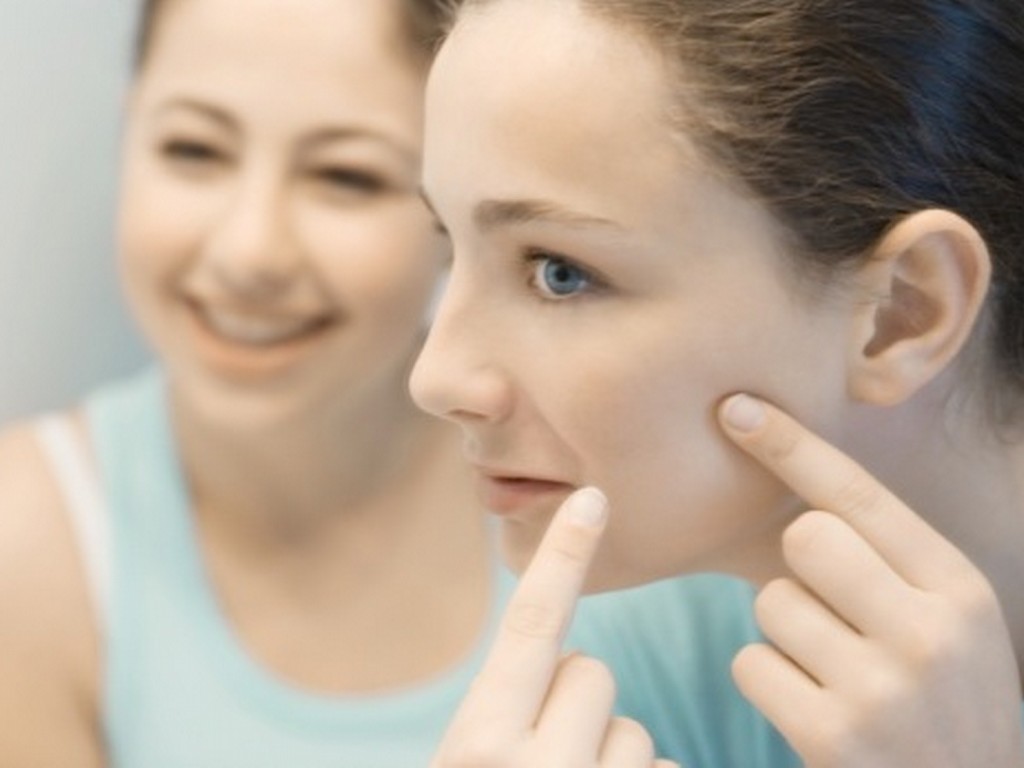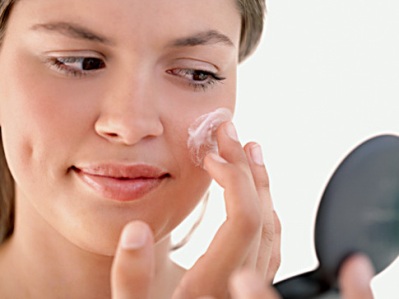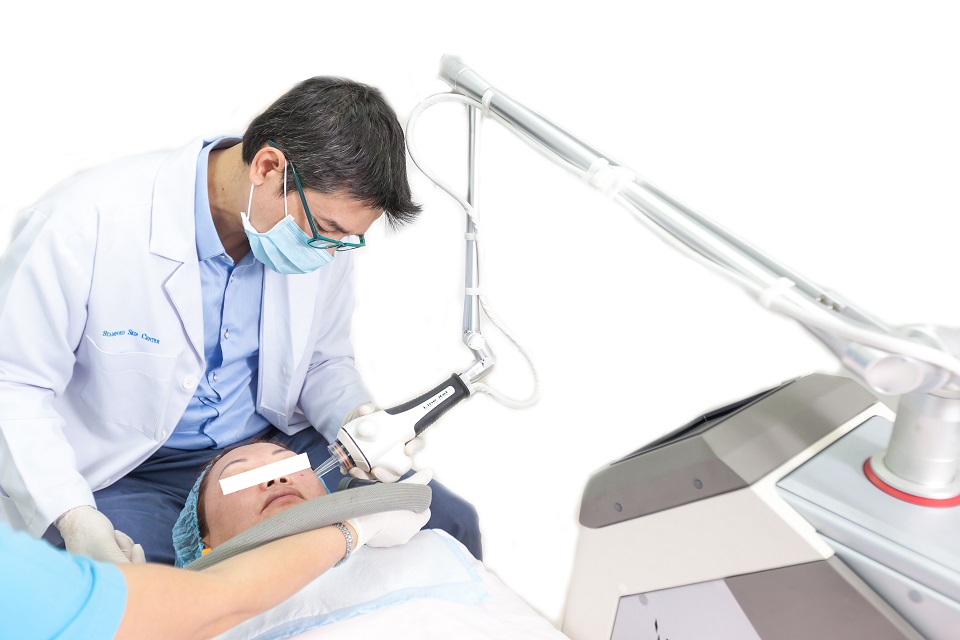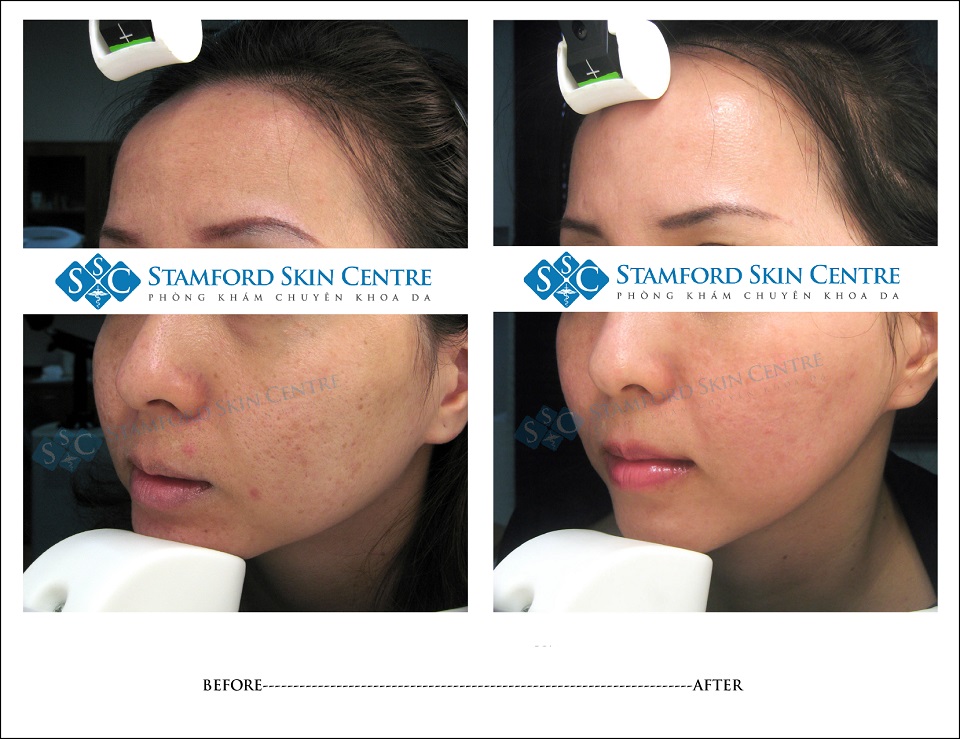
If you see signs that your acne is leaving a scar on your skin, you don't have to grin and bear it. There are lots of ways to heal your scars and keep new ones from forming.
Cortisone and Fade Creams

If your scar is red or swollen, use a cortisone cream to calm your skin, says Tina Alster, MD, a Georgetown University professor of dermatology. The cortisone is absorbed by skin cells and reduces inflammation. You can buy skin creams with cortisone without a prescription.
Next, you'll want to concentrate on lightening any dark areas left from theacne scar.
"Hydroquinone, a popular skin lightener, has recently fallen out of favor and is now being omitted from many fading creams due to irritation and carcinogenic concern," Alster says. But there are other ingredients in skin creams sold without a prescription that can help lighten your dark spots. Kojic acid (a natural skin lightener derived from mushroom extract), arbutin (also called bearberry extract), and vitamin C (ascorbic acid) are great alternative ingredients to look for in lightening creams, Alster says.
Laser and Filler Treatments

If your acne scars don't fade away on their own, it may be time to consider booking an appointment with your dermatologist. In one to three sessions, laser skin resurfacing using fractionated laser technology can even out the skin surface and increase the formation of new collagen.Collagen is a protein that's a building block of the skin. The new collagen can help fill in acne scars.
Ablative lasers vaporize your scar, allowing smoother skin to take its place. Non-ablative lasers help activate the production of collagen without damaging the surface of your skin.
Filler injections can help fill in the indentations left behind from deep acne scars, says Ron Moy, MD, a former president of the American Academy of Dermatology. But the downside to fillers is that they need to be repeated every 4 to 6 months, as the product reabsorbs into the skin over time.
Patience
The main key to seeing acne scars fade is patience. A few weeks after you break out and scar, new blood vessels move into the injured area to give nourishment to the skin, which is why most early scars look pink, Alster says.

Months later, collagen starts to form, filling in the injured section of skin. Because cystic acne destroys skin and fat, it can take up to a year for the scars to fade, Moy says.
How to Prevent Scars or Help Scars Heal
Stay out of the sun. Exposing scars to the sun can cause them to darken and slow the healing process, Alster says. How? Ultraviolet rays stimulate melanocytes (pigment-producing cells), leading to further discoloration.
Before heading outdoors, put on a broad-spectrum sunscreen with a sun protection factor (SPF) of 30 or higher. Broad-spectrum sunscreenprotects against both ultraviolet A (long-wave) and ultraviolet B (shortwave) rays. Ingredients with broad-spectrum protection include benzophenones (sulisobenzone and oxybenzone), cinnamates (octylmethyl cinnamate and cinoxate), salicylates, titanium dioxide, zinc oxide, avobenzone (Parsol 1789), and ecamsule (Mexoryl SX). Reapply afterswimming, after sweating, and after more than 2 hours in the sun.

Limit your time in the sun, especially between 10 a.m. and 2 p.m. Wear protective clothing, such as a long-sleeved shirt, pants, and a wide-brimmed hat.
Don't pick and squeeze. Scars, which are made mainly of collagen, are your body's way of repairing itself. Acne scars are typically indented because of collagen loss from intense inflammation, Alster says.
Picking leads to more inflammation and injury of your skin, which add to the discoloration and scarring. Squeezing or trying to pop a pimple causes pus and bacteria to filter deeper into the skin, bringing on more collagen damage, Moy says.
Don't use vitamin E on scars. You may have heard that applying vitamin E to a scar will help it heal faster. But according to a study from the University of Miami, applying the nutrient directly onto a scar can actually hinder its healing. In the study, vitamin E either had no effect or made matters worse for 90% of the patients, and 33% who put vitamin E on the skin developed a contact dermatitis.
Stamford Skin Centre – Trust your skin to a dermatologist
Address: 99 Suong Nguyet Anh, Ben Thanh Ward, Dist. 1, HCMC
Phone: 028 3925 1990
Hotline: 0919 736 990